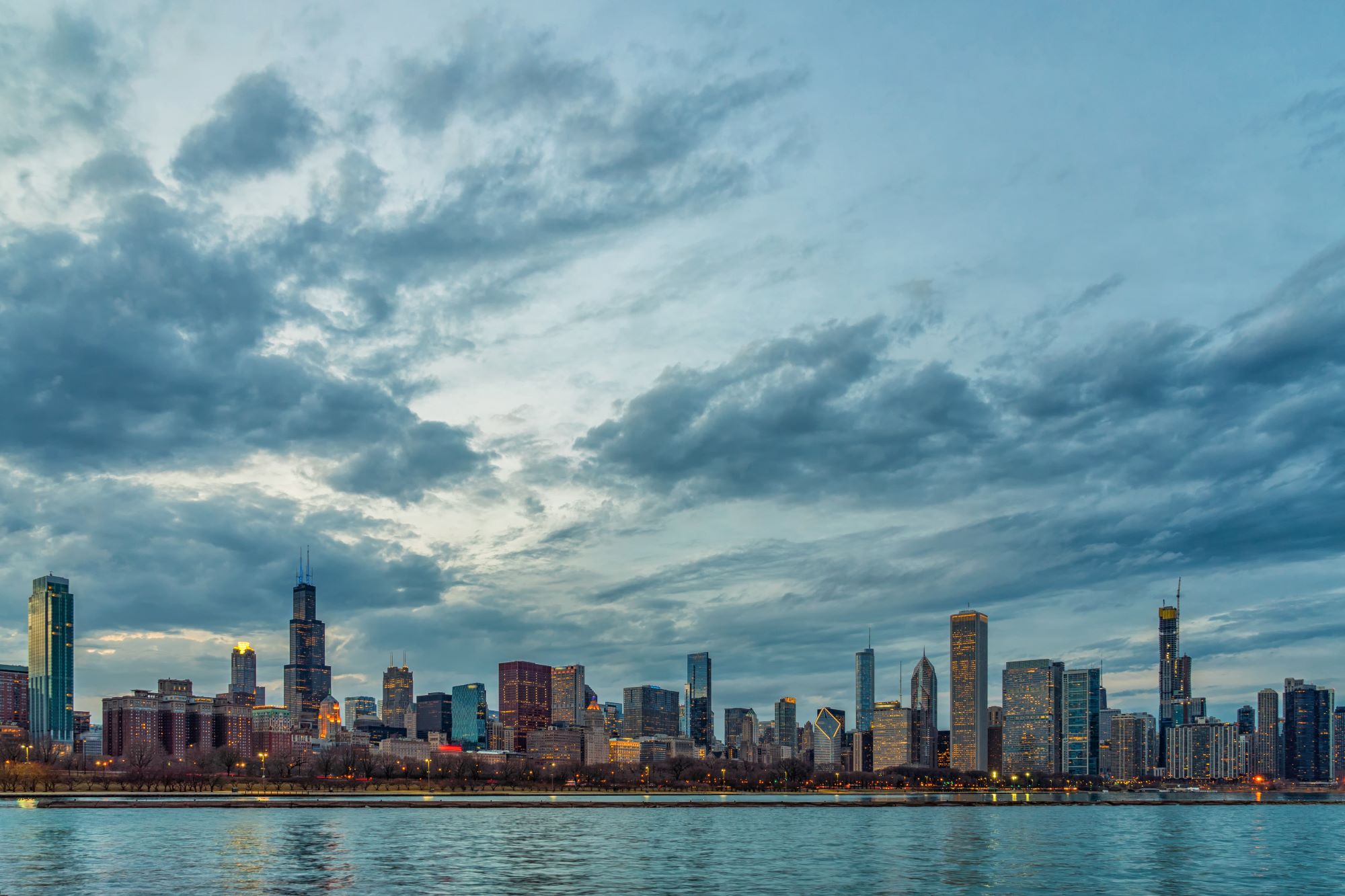Chicago’s Finance Committee has approved a significant settlement of $90 million to resolve 176 lawsuits related to police misconduct, specifically involving allegations against Sgt. Ronald Watts. This decision comes after years of legal battles and claims of misconduct that have impacted numerous individuals and tarnished the reputation of the Chicago Police Department (CPD).
In recent years, Chicago has faced increased scrutiny over police conduct, with multiple lawsuits alleging excessive use of force, wrongful arrests, and other misconduct. The approval of this settlement marks a crucial step toward addressing those grievances and providing some measure of justice for the victims involved.
Details of the lawsuits revolve around allegations against Sgt. Ronald Watts, a high-profile officer whose actions have come under investigation. The lawsuits claim Watts was involved in numerous incidents that resulted in civil rights violations, prompting the city to allocate substantial funds to settle the claims and avoid prolonged litigation.
The impact of this settlement is widespread, affecting not only the victims and their families but also the Chicago Police Department’s public image and trust within the community. The settlement aims to bring closure to many affected individuals, but it also raises questions about the systemic issues within CPD and the need for reform.
Legal experts and community leaders have expressed mixed reactions to the settlement. Some see it as a necessary step toward accountability, while others argue that it merely treats the symptoms rather than the root causes of misconduct within law enforcement.
Looking ahead, attention will now turn to how the Chicago Police Department and city officials implement reforms and improve transparency to prevent future misconduct. The city is also expected to review policies and training programs to better safeguard residents’ rights and rebuild community trust.
What is the significance of this settlement for Chicago?
The settlement signifies a major financial commitment by the city to address misconduct allegations and demonstrate a willingness to hold officers accountable. It also sets a precedent for handling similar cases in the future.
How will this impact police-community relations in Chicago?
While the settlement might help improve relations by showing accountability, ongoing reforms and transparency efforts are crucial to restoring trust between police and residents.
What reforms are likely to follow this settlement?
The city is expected to implement comprehensive policies on officer conduct, increase transparency, and enhance training programs aimed at preventing misconduct and ensuring police accountability.







